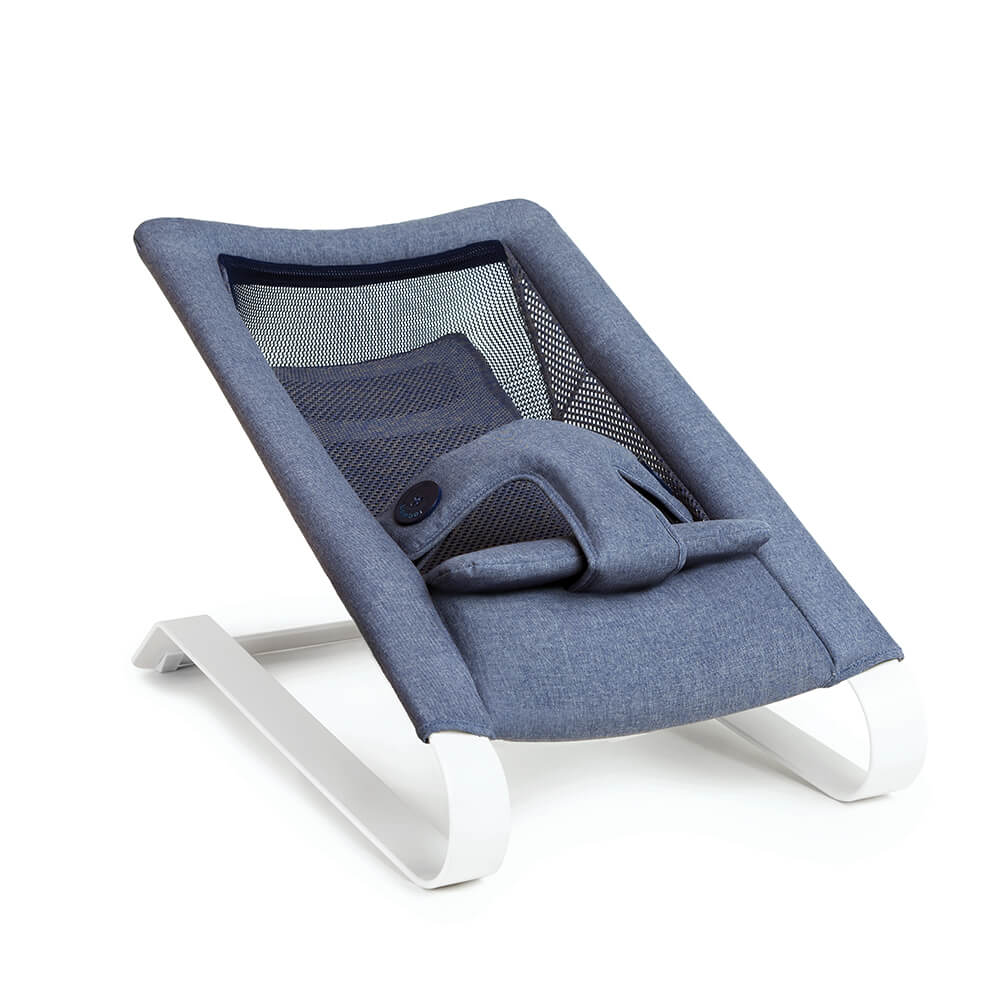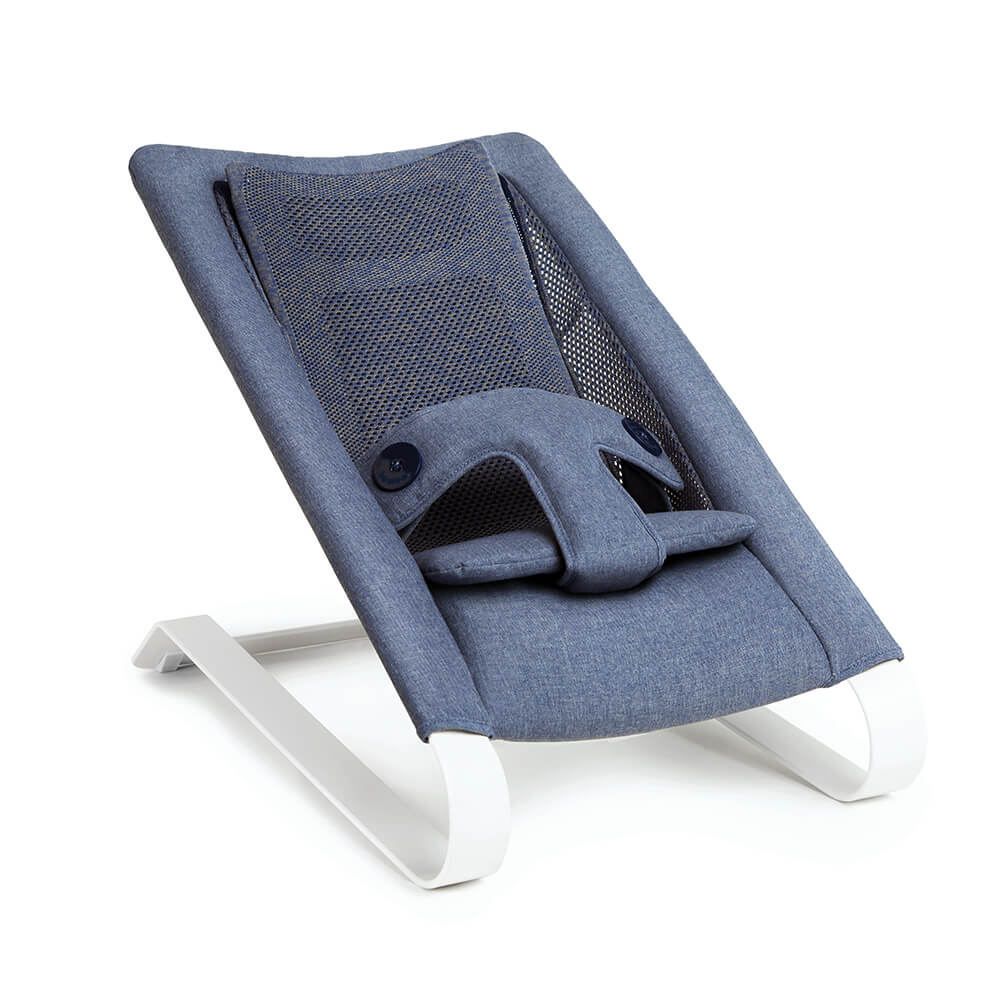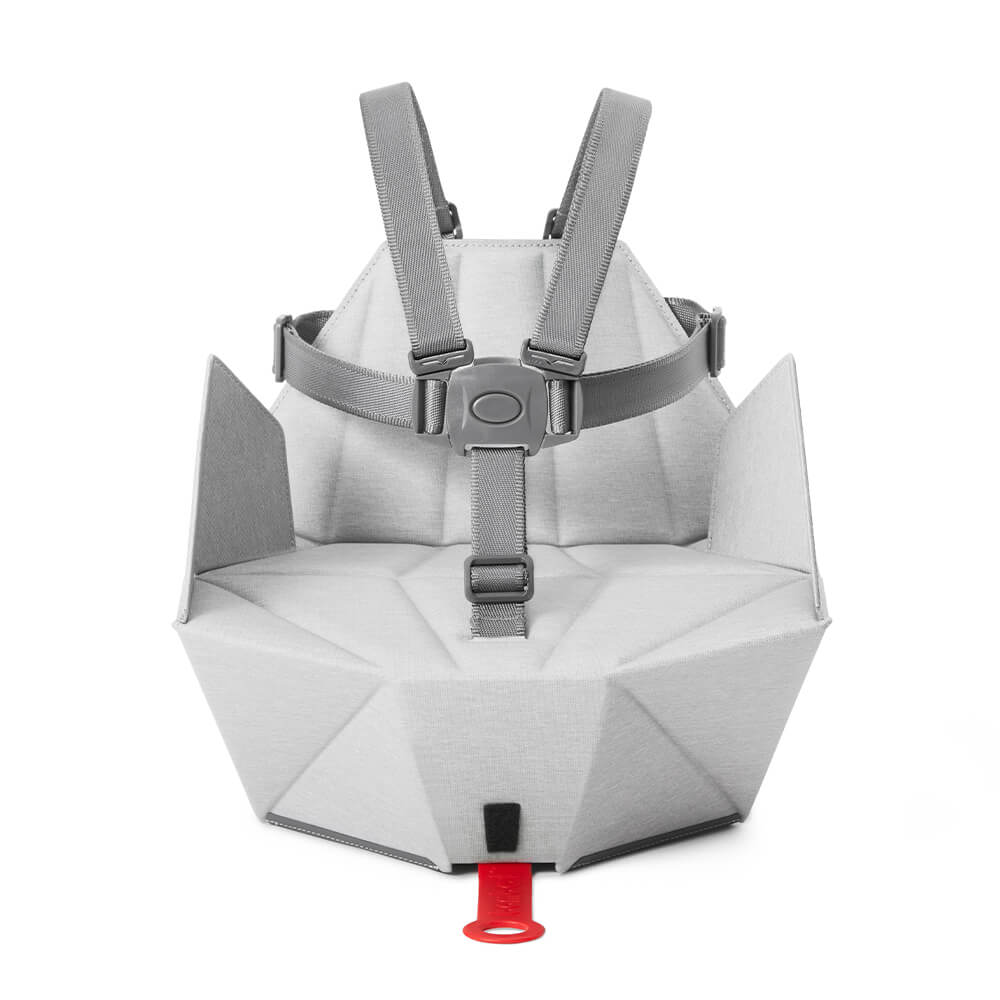The more the better?
As linguist Amy Thompson wrote in her article, learning an extra language can encourage “cultural competence” and “tolerance of ambiguity”. It trains the learners to tackle problems in other ways that are unfamiliar to them and be more at ease with situations that are new to them. Parents who love travelling and bringing their kids with them are likely to expose their children at a young age to different cultures, foods, and languages. Same for children coming from families that are made up of more than one ethnicity. Both cases encourage the children’s curiosity and open-mindedness towards people from different backgrounds. In everyday life, integrating different languages in a household without freaking out the children can be tricky. There is no “one-size-fits-all” solution as each family’s style of communication and interaction is different, but based on my personal experience, keeping things “natural” for the children is key.
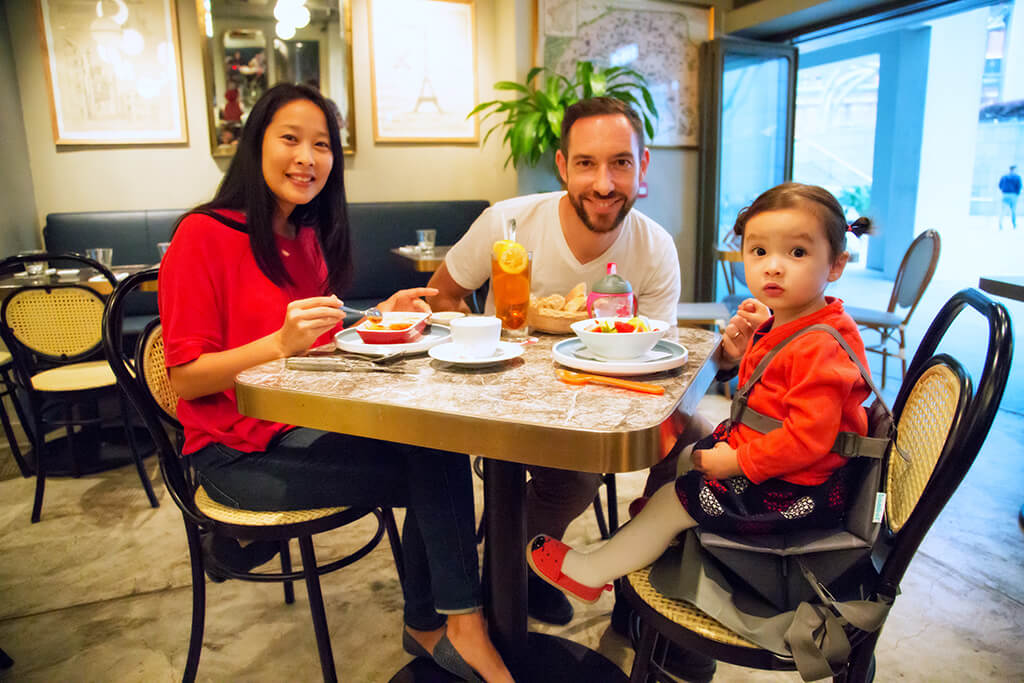
Every family is unique
My mother tongue is Cantonese while that of my husband’s is Flemish. We speak to each other in English, but we were living in Italy during the years our 2 daughters were born. Ideally, we would like our kids to be exposed to both our mother tongues because they are part of their heritage, and for easy communication with the grandparents. They need to learn English because that is our little family’s common language. Additionally, both my husband and I had full-time jobs, so the children attended the local day care centre which spoke only Italian. Our poor babies had 4 languages to deal with at the same time since birth! I tried to look for books that give advice on how to raise multilingual children, but the maximum number of languages mentioned were 3. So we started with the “one person one language” method and improvised the rest.
Training the ears
I speak only in Cantonese when I talk to the kids directly, my husband does the same in Flemish. But when we are together as a family, we speak English and the children also watch TV at home only in English. Italian came naturally to them at the day care centre and in fact their first words were “ciao” and “buono” (as in “yummy” whenever they saw food)! Their spoken vocabulary in Italian continued to grow and yet they understood all other languages more and more too. We thought it was important for them to choose their own spoken language that comes the easiest to them (Italian) and we would just naturally answer them in our mother tongues. To me, it was more important to train their ears to listen to different languages than to actively speak them at that point. I believe that if they listened to a language long enough and got familiar with the sounds of that language, they can pick it up easier at a later age if they choose to use it more. I find the methods we used quite similar to multi-linguist Barbara Rumi’s as described in her article here.
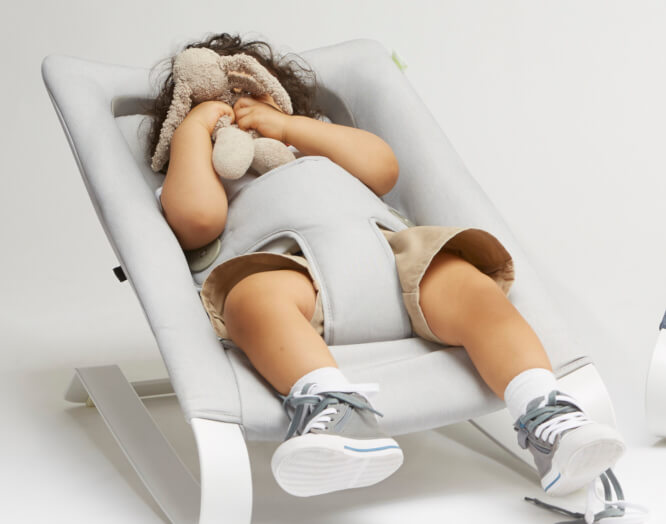
Our family relocated to Hong Kong when our kids were 5 and 2 years old, and they faced another language challenge: they started learning Mandarin at school! At that point, asking them to deal with a fifth language was too much, and since no one around them spoke Italian anymore they slowly replaced their Italian with Mandarin. It was a bit of a pity for them to lose their “mother tongue” at the time, but out of practicality it was bound to happen as Italian is not actively spoken anywhere around them.
The accidental multi-linguist
Ten years on, it is interesting to note our children’s language evolution. They are now fluent in English and Mandarin (for practical reasons), while proficient in Cantonese and Flemish (more than adequate to communicate with relatives). They also started to learn French at school and are taking on this new language with interest. They even like to compare vocabulary in the various languages they know out of curiosity!
Our main goal is not for our children to be “truly” multilingual, but through the process of learning these languages, they are trained to keep an open mind to cultural differences around them and to develop their own methodology in solving new challenges that come their way. We never pushed them to speak a certain language or stress them with it as it needs to come naturally. They should choose the language they can best express themselves in. To me, all other languages they were exposed to through the years are bonuses if they choose to retain them.
Stay Sparky!






